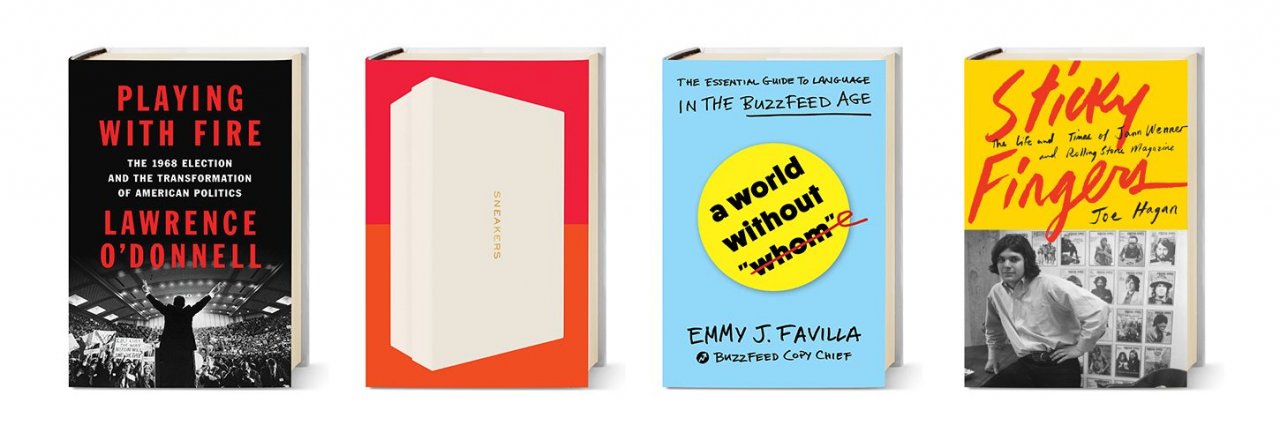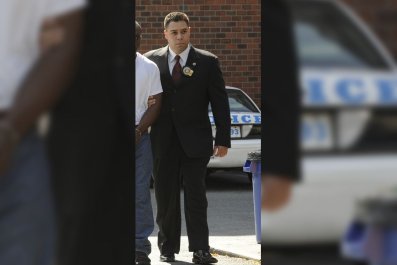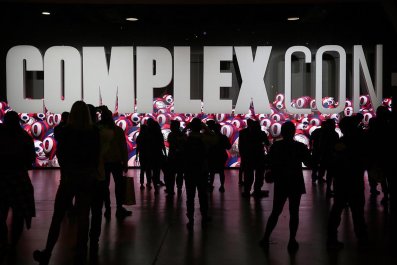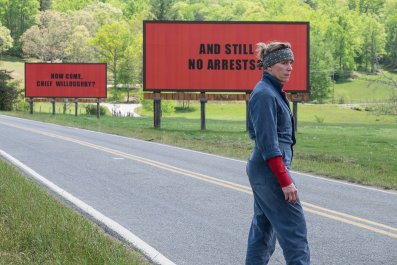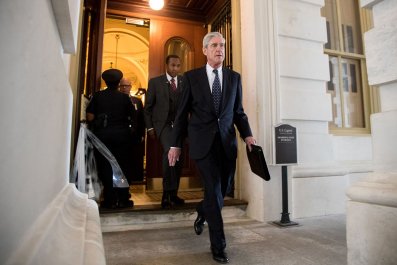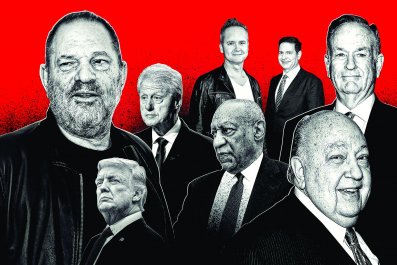When a rainy fall afternoon reminds you how blissful it can be to avoid the elements and instead claim a spot on the couch with a book or two, you might find yourself grasping for suggestions. Maybe you're looking for a juicy history of your favorite magazine, a heavy volume about a U.S. president or a brutal dictator, a lighthearted look at the language we use or a satirical memoir that chronicles the first year of a president whose administration has been known to traffic in "alternative facts." Whatever kind of nonfiction you're looking for, we've got you covered. Here are 14 picks to get you through the season.
Sticky Fingers: The Life and Times of Jann Wenner and Rolling Stone Magazine
By Joe Hagan
Wenner, who founded Rolling Stone magazine at just 21 years of age, was interviewed extensively by Hagan, as were hundreds of others in the media mogul's life. But as this exhaustively researched biography neared publication, the author and his subject had a falling out. Wenner calls the book "deeply flawed and tawdry." (And that, according to Hagan, is with the most salacious material, involving a 16-year-old boy, leftt out.) Wenner, a genius media manipulator, must surely know his reaction can only make readers more interested in devouring this 500-page tome. (Knopf, $30)
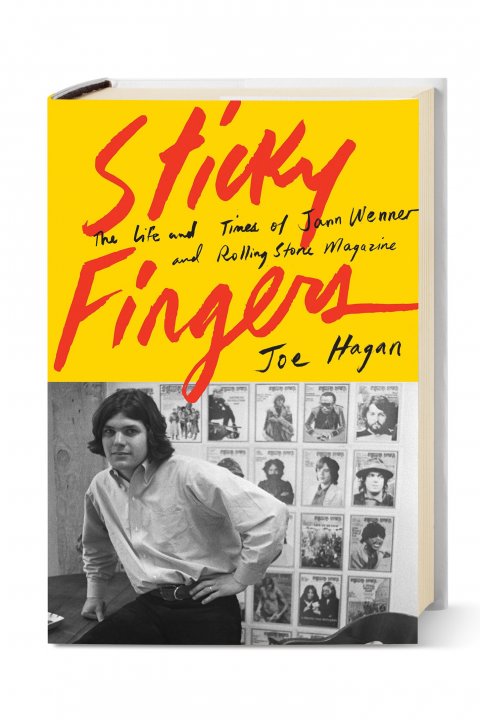
Grant
By Ron Chernow
Chernow, best-known for writing the biography that inspired Lin-Manuel Miranda's musical Hamilton, tackles the Civil War–winning general-turned-president, Ulysses S. Grant—a statesman whom the Pulitzer Prize–winning author considers underappreciated and misunderstood. At 1104 pages, that's a lot of deeply researched highs and lows (Grant's epic drinking gets a lot of ink), but Chernow is a master resuscitator of flawed heroes. (Penguin Press, $40)
Why I'm No Longer Talking to White People About Race
By Reni Eddo-Lodge
On February 22, 2014, British journalist Eddo-Lodge published a viral blog post that became the title fo this book. She wasn't rejecting conversation with all white people, "just the vast majority who refuse to accept the legitimacy of structural racism and its symptoms." This book goes deeper into race and racism, as well as politics, pop culture, immigration, history, feminism and right-swinging rhetoric in the U.K. that will sound familiar to American readers. The irony of that 2014 post, Eddo-Lodge writes in the introduction, is that she's spent most of her time since talking to white people about race. (Bloomsbury Circus, $27)
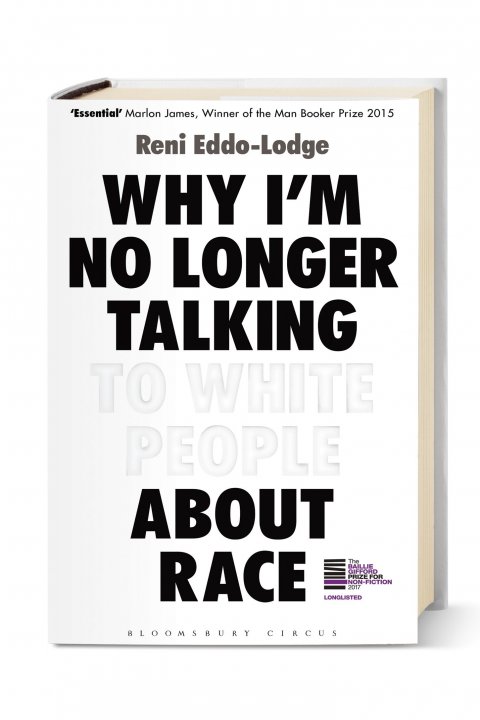
Bunk: The Rise of Hoaxes, Humbug, Plagiarists, Phonies, Post-Facts, and Fake News
By Kevin Young
Kevin Young, the director of the Schomburg Center for Research in Black Culture in New York's Harlem neighborhood and The New Yorker 's new poetry editor, reflects on hoaxers and events as diverse as P.T. Barnum, Rachel Dolezal, the forged Hitler Diaries, Binjamin Wilkomirski's fabricated Holocaust memoir, James Frey, Stephen Glass and Lance Armstrong. What could be timelier in the age of post-truth politics, science denial and fake news? (Graywolf Press, $30)
You Can't Spell America Without Me: The Really Tremendous Inside Story of My Fantastic First Year as President
By Alec Baldwin and Kurt Andersen
Baldwin's portrayal of Donald Trump on Saturday Night Live won him an Emmy for best supporting actor in a comedy. Public radio host Anderson's previous job, as the co-founder of the satirical monthly Spy (1986 to 1998), involved regularly making fun of the then-real estate mogul. Their satirical memoir of our president's first year in office is written in Trump's voice, and includes, among other chapters, "I won, I'm a winner, I'm the winner." (Penguin Press, $29)
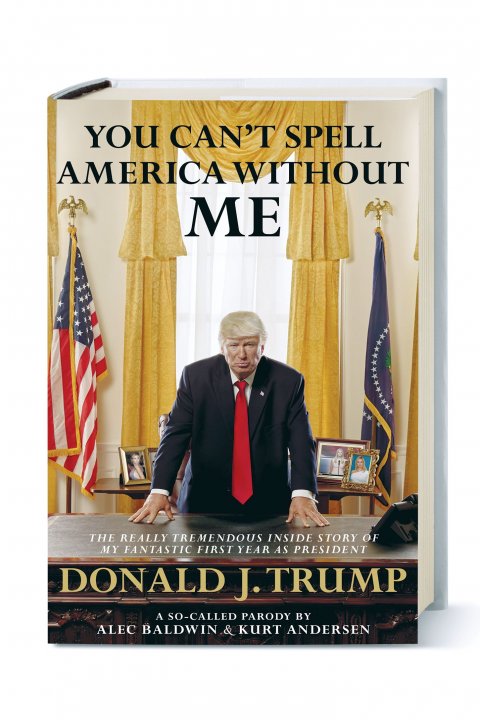
God: A Human History
By Reza Aslan
You might recognize Aslan for his best-selling book Zealot: The Life and Times of Jesus of Nazareth; for his CNN "spiritual travel series" Believer; or for his anti-Trump tweets (cause for dismissal from CNN) and op-eds, like The dangerous cult of Donal Trump. The Iranian-American author and religious studies scholar knows how to intrigue and rile. His latest book poses the question, Why do we humanize god? And if people are as undeniably bad as they are good, what does that say about a god shaped in our image? (Random House, $28)
A World Without "Whom": The Essential Guide to Language in the BuzzFeed Age
By Emmy J. Favilla
This word-nerdy extravaganza comes to you from BuzzFeed's former global copy chief. (I know what you're thinking: BuzzFeed has a copy chief?!) In an age defined by highly fluid internet slang, memes and emojis, Favilla's lighthearted, conversational book intends to allay fears of the apocalypse: Our language isn't being decimated, she argues, it's just evolving, as it always has. (Bloomsbury USA, $26)
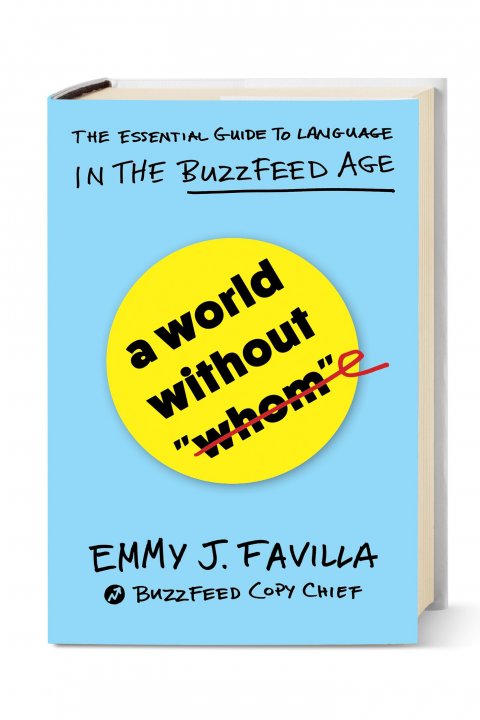
Stalin: Waiting for Hitler, 1929-1941
By Stephen Kotkin
Kotkin has already published nearly 1,000 pages about Joseph Stalin in a biography that covered the Soviet dictator's life until 1928. This second of three planned installments dives into the years of brutal collectivization, of the Great Purge or Great Terror and the start of World War II, up until the moment Hitler broke his pact with Stalin and the Nazis invaded the Soviet Union. (Penguin Press, $40)
Sneakers
By Rodrigo Corral, Alex French, Howie Kahn
The latest in the canon of sneakers—the subject of documentaries, exhibitions, and books—investigates them "not as a product but as an idea." Journalists French and Kahn (with visual aid from Corral) interview designers, influencers and media moguls (among others) in an attempt to explain how this once utilitarian shoe came to capture our imaginations, "generating feelings of lust, or even love." (Razorbill, $25)
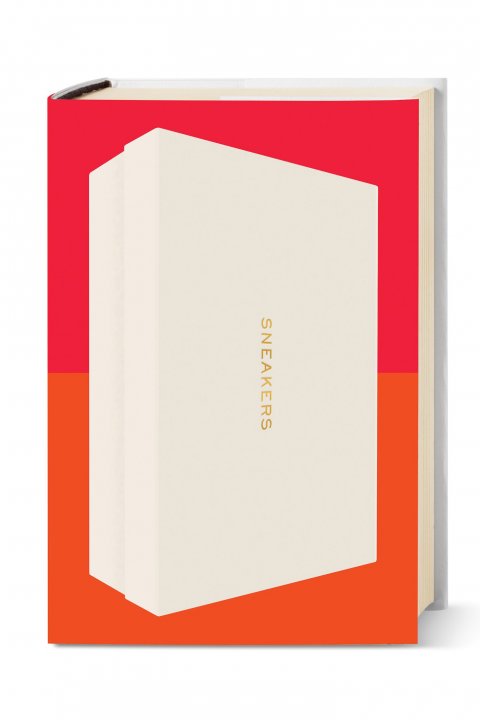
I Can't Breathe: A Killing on Bay Street
By Matt Taibbi
The last words of Eric Garner—who died from the apparent chokehold of a New York City police officer who later escaped indictment —became a mantra of the Black Lives Matter movement. In telling Garner's story, including how he came to be selling bootleg cigarettes on that fateful day, Taibbi reveals not just how the American criminal justice system failed him, but how it continues to fail so many others. (Spiegel & Grau, $28)
Playing With Fire: The 1968 Election and the Transformation of American Politics
By Lawrence O'Donnell
The author's credentials include creating fictional politics (as an executive producer for The West Wing) and hosting a show on politics (MSNBC's The Last Word ), but this is his first nonfiction book about politics. In it, O'Donnell explores an election even more chaotic than the one America just experienced. In 1968, the country was riven by the assassinations of Martin Luther King and Robert F. Kennedy, Jr., the Vietnam War, and police brutality, and the election arguably set the stage for the future tone of the Republican Party. Among other things, it introduced the young man who would go on to found Fox News: Roger Ailes joined Richard Nixon's campaign and Nixon ultimately won. (Penguin Press, $28)
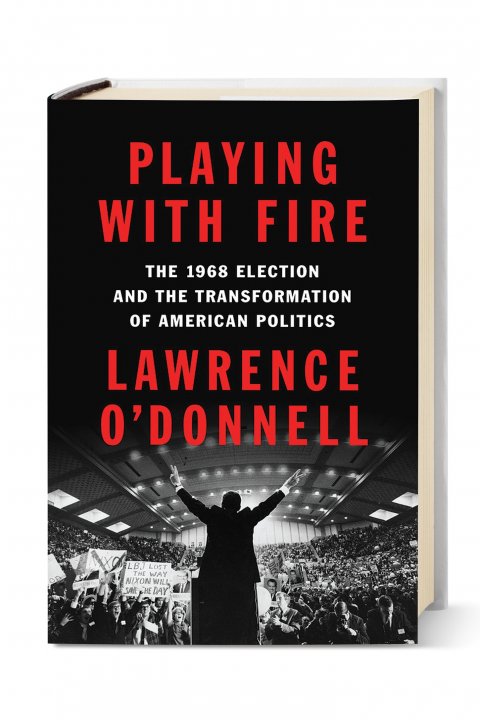
Code Girls: The Untold Story of the American Women Code Breakers of World War II
By Liza Mundy
Mundy, a journalist and author who has written extensively about women and work, examines the thousands of women essential to the war effort, as codebreakers in Washington, D.C. Shockingly, despite their talent and success, they faced rampant sexism. (Hachette Books, $29)
Troublemakers: Silicon Valley's Coming of Age
By Leslie Berlin
Over the past half-century, the modern world was built by the people working along a stretch of a few dozen miles near Stanford University. In this fascinating chronicle, Berlin—who is the project historian for the Silicon Valley Archives at Stanford—charts the rise of the industries, companies and individuals who have shaped modern American society, for good and otherwise. (Simon & Schuster, $30)
The Responsibility of Intellectuals
By Noam Chomsky
In 1967, the man called "the father of modern linguistics" published his first essay on political activism, "The Responsibility of Intellectuals," in The New York Review of Books. The piece, condemning the government for the "deceit and distortion surrounding the American invasion of Vietnam," is now, a half-century later, sharing a book with his 2011 essay, "The Responsibility of Intellectuals Redux," which argues for using privilege to challenge the state. (The New Press, $17)



